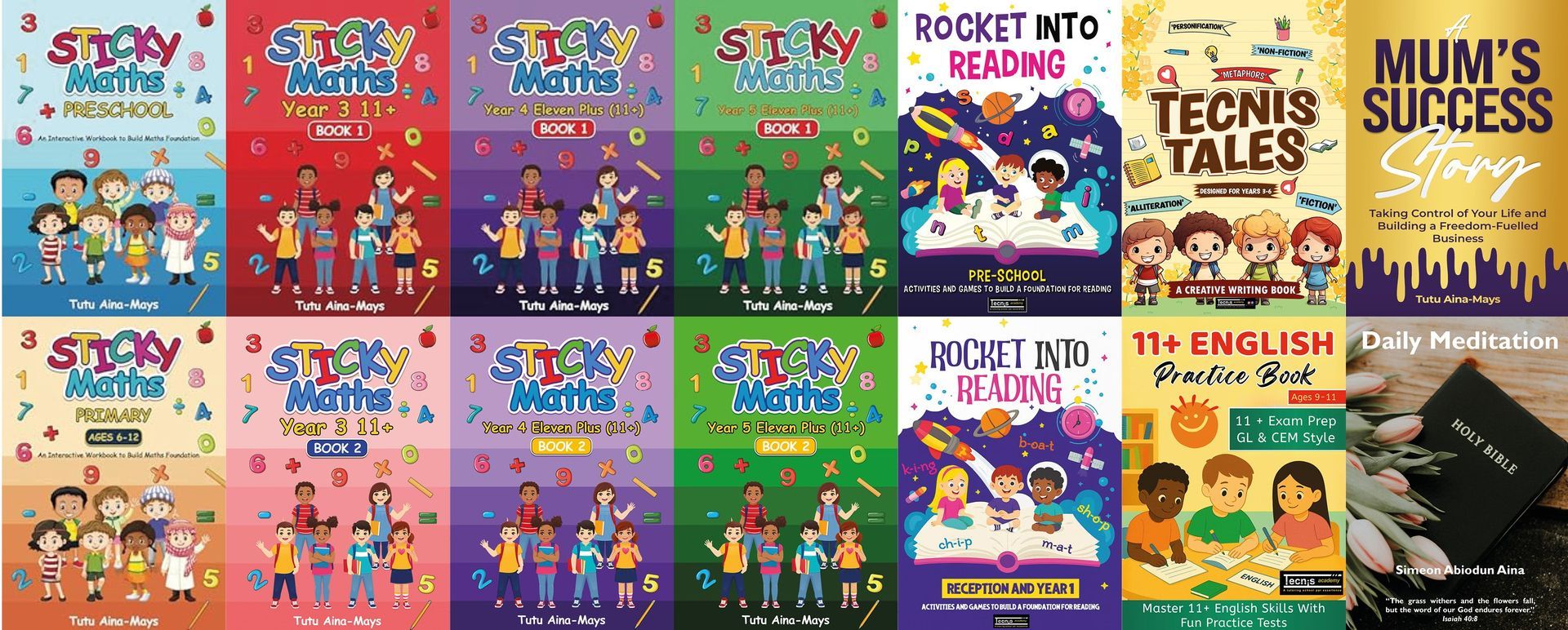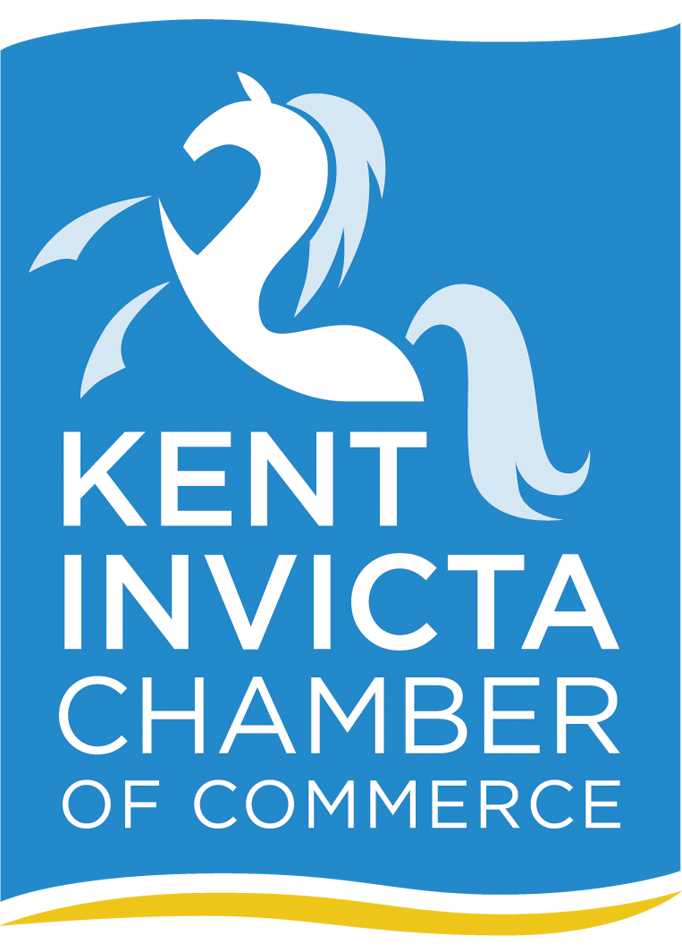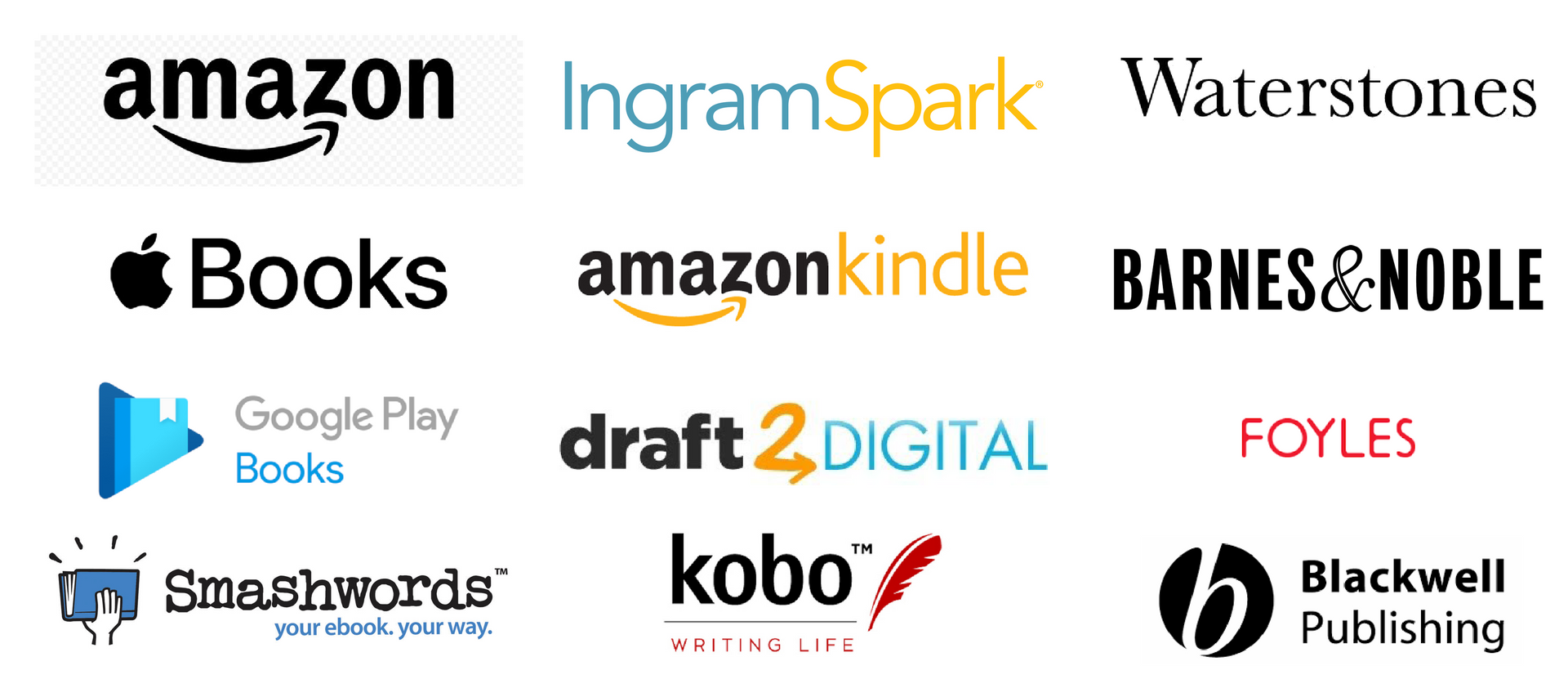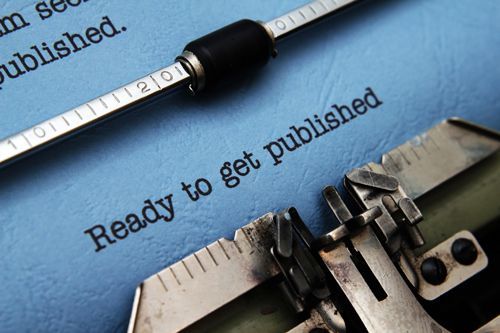Here are some crucial factors to consider:
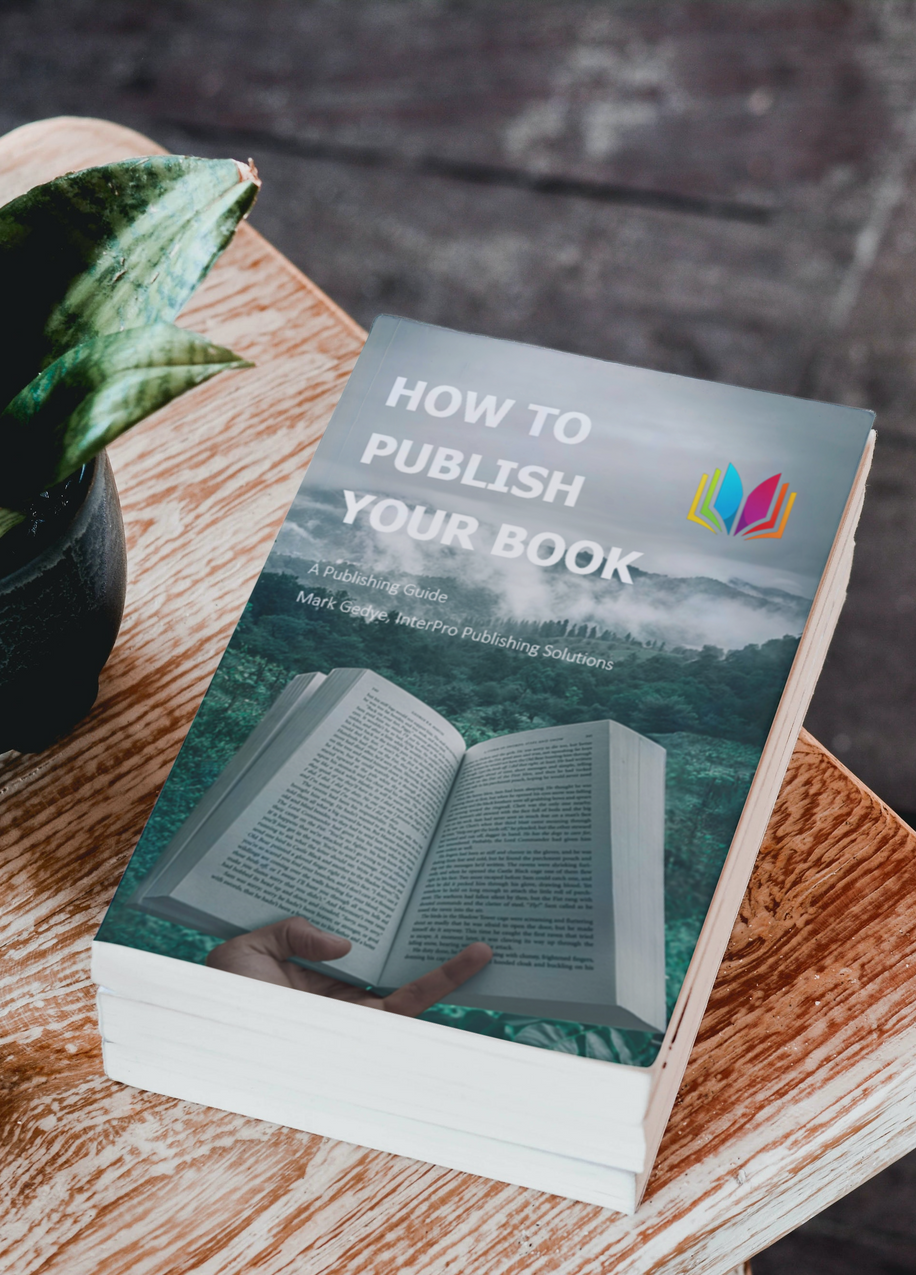
- Target Audience: Identify your target readership. Understanding your audience helps in shaping the content, marketing strategy, and distribution channels.
- Who are they?
- Where do they shop?
- How are you going to get hold of them?
- Why would they buy your book?
- Manuscript Readiness: Ensure your manuscript is polished, edited, and proofread. Consider hiring a professional editor for a thorough review.
- Cover Design: Invest in a professional and have an eye-catching cover design. It's the first thing readers notice and can significantly impact sales.
- Formatting and Layout: Pay attention to the interior design and formatting of your book, using a professional will help greatly. A well-formatted book enhances readability and gives a professional look.
- Distribution Channels: Decide where and how you want to distribute your book—online platforms, bookstores, libraries, etc. Each channel has its own requirements and benefits.
- Marketing and Promotion: Plan a comprehensive marketing strategy. Utilize social media, book signings, author events, blog tours, and other promotional activities to create buzz to reach your audience.
- Budget and Costs: Consider the expenses involved in publishing—editing, cover design, layout, printing, marketing, distribution, and any other associated costs. Create a budget and plan accordingly.
- Timeline: Set a realistic timeline for the publishing process, considering the various stages from editing to marketing to launch.
- Author Platform: Build an author platform, including a website, social media presence, and connections within the industry, to establish yourself and promote your book effectively.
- Reception and Feedback: Prepare yourself for feedback, both positive and negative. Constructive criticism can be valuable for improving future work.
- Legal and Contractual Obligations: If you're signing with a traditional publisher, understand the terms of the contract thoroughly. Consider consulting with a literary agent or legal professional to ensure you're protected.
- Post-launch Engagement: Engage with your readers post-launch through social media, newsletters, or book clubs. Building a community around your book can lead to continued success.
Remember, each book and author's journey is unique. Tailor these considerations to suit your specific goals, audience, and resources to ensure a successful book publishing experience.
While self-publishing offers numerous benefits, it's also important to note that it requires a significant amount of effort in terms of editing, marketing, and distribution. Success in self-publishing often comes down to producing a high-quality book and effectively promoting it to your target audience. Ideally you should work with a publishing specialist who can guide you through the process.
📚 Do you have a book in you?
📚 Would you like to write your own book?
We help authors take their books from ‘Creation to Publication.’



